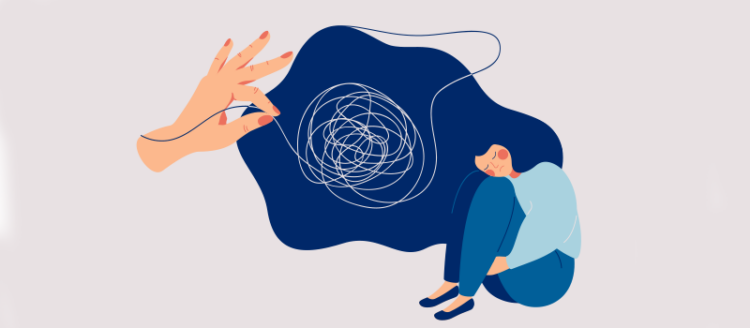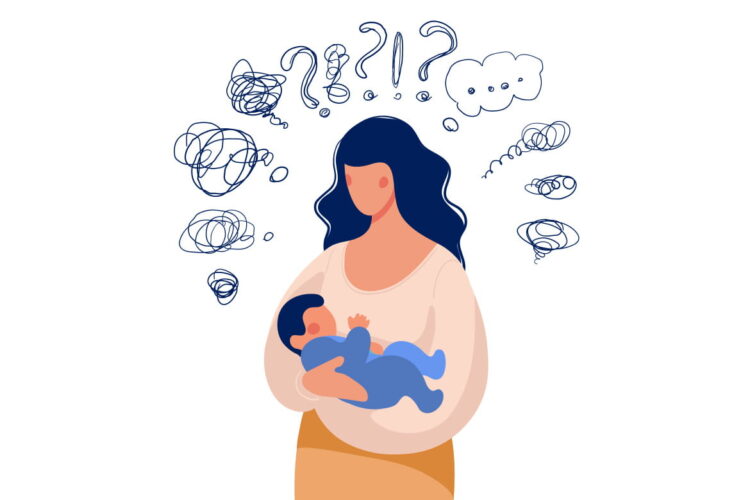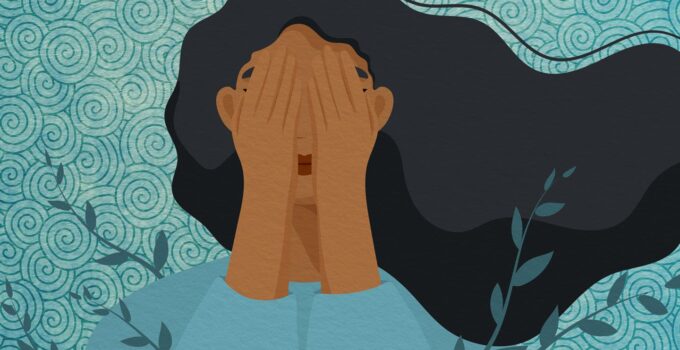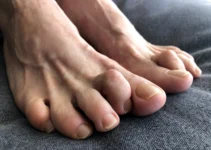Depressive disorders are complex mental health conditions affecting many people worldwide. They can cause an array of symptoms that significantly impact both physical and emotional well-being and have a profound negative effect on our daily lives. This blog post will explore some types of depressive disorders and how they can affect your life.
You’ll learn about their signs and symptoms to look out for. We’ll also examine the importance of getting professional help if needed so that you can return to living a successful and fulfilling life again. So let’s dive in.
Page Contents
Major Depressive Disorder
Major Depressive Disorder (MDD) is the most common form of depression. People with MDD often experience the following:
- persistent sadness or emptiness
- difficulty sleeping or sleeping too much
- lack of energy and motivation
- difficulty concentrating
- irritability
- significant changes in appetite or weight

Source: buzzrx.com
It’s important to note that major depressive disorder is not simply feeling “down” for a few days. It’s a mental health condition that requires professional treatment.
Dysthymia
Dysthymia is another type of depression that is less severe than MDD but still impacts daily life. People with dysthymia may feel low-level sadness or irritability for long periods but don’t have the extreme symptoms associated with MDD. Unfortunately, this type of depression often goes undiagnosed because people don’t realize their symptoms are more than occasional blues.
Bipolar Disorder
Bipolar disorder is a type of depression that involves mood shifts between periods of mania (highs) and periods of depression (lows). People with bipolar disorder may experience intense highs where they feel invincible, followed by deep lows where they become overwhelmed with despair. It’s important to understand that bipolar disorder is not just extreme happiness followed by extreme sadness; it involves dramatic shifts in moods, which can be disabling if left untreated.
Psychotic Depression

Source: bannerhealth.com
Psychotic depression occurs when someone experiences severe psychological distress along with delusions or hallucinations related to their depression. This type of illness is more serious than other forms as it involves psychotic features such as paranoia or hearing voices that aren’t there. Psychotic depression requires immediate medical attention as it can be very disabling if left untreated.
Postpartum Depression
Postpartum Depression affects women after childbirth due to hormonal changes in the body and the stressors associated with caring for a newborn child. Some of the symptoms include the following:
- extreme fatigue
- loss of appetite
- difficulty focusing on tasks or interacting socially
- fearfulness about being alone with the baby
- guilt about not bonding properly with the baby
- anxiety about parenting skills
Postpartum Depression can be treated effectively if caught early enough, so new moms need to educate themselves on the signs and symptoms before giving birth so they can get help immediately.
Different Types of Depression: In Conclusion
As you can see, there are several types of depressive disorders, each affecting individuals differently depending on the severity and other factors like age and gender, etc. Some types, such as Bipolar Disorder, involve dramatic mood swings, while others, like Postpartum Depression, only occur after childbirth due to hormonal imbalances caused by pregnancy hormones, etc.
It’s essential to recognize the signs and symptoms associated with each type so you can seek help immediately if necessary for yourself or someone you love who may be suffering from any form of depression, including Dysthymia or Psychotic Depression. If you think you may be suffering from any form of depression, please seek professional help right away. Thanks for reading.





